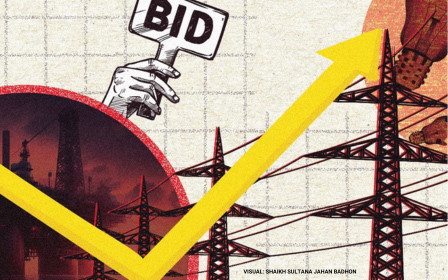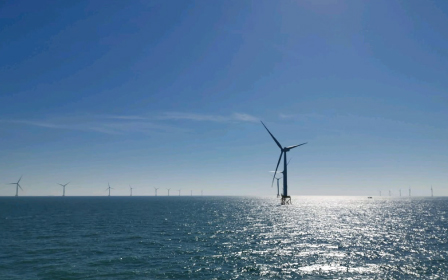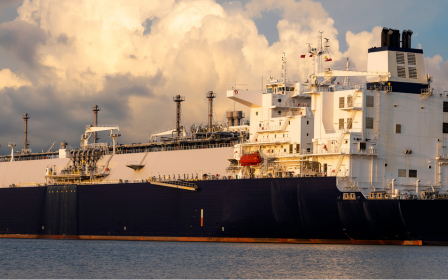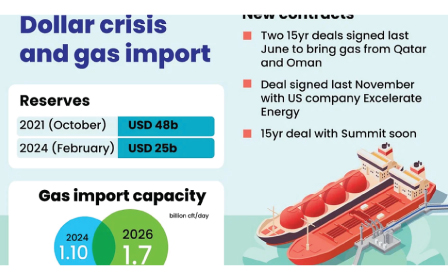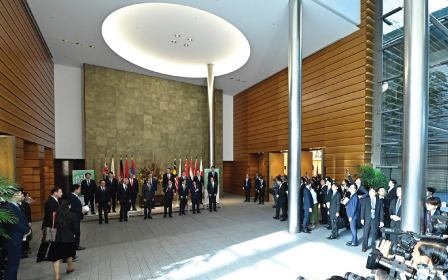Smart politicians often project an image of strength and competence. When something goes wrong, they blame either fate or external shocks, especially in the energy sector. The capacity to shift blame onto factors seemingly beyond their control is viewed by these politicians as a display of smartness. The government's justification behind increasing electricity prices is an example of this "smart blaming."
